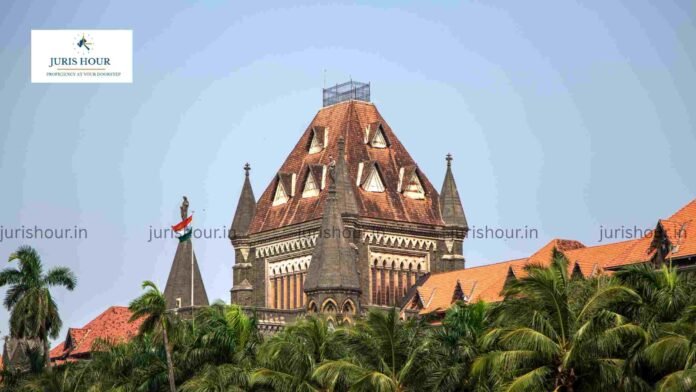The Bombay High Court has ruled that taxpayers are entitled to 6% interest on delayed GST refunds, holding that the statutory 60-day period for refund calculation begins from the date of the original refund application or First Authority order, not from any later appellate order.
The bench of Justice M.S. Sonak and Justice Advait M. Sethna while deciding a set of writ petitions challenging the government’s refusal to pay interest on refunds sanctioned after protracted litigation, observed that
The petitioner, Altisource Business Solutions India is an exporter of software services, had filed a refund claim in April 2020 under Section 54 of the Central Goods and Services Tax (CGST) Act, 2017, seeking reimbursement of taxes paid on zero-rated exports. The adjudicating authority rejected the refund in September 2020, but the Appellate Authority allowed it in October 2023.
Following the appellate decision, the refund was finally credited in February 2024, without any interest for the nearly three-year delay. The petitioner moved the High Court contending that under Section 56 of the CGST Act, interest was mandatorily payable for failure to disburse the refund within 60 days of the original claim.
The exporter argued that the interest clock starts ticking once the initial refund application is filed and not when it is re-applied post appeal. Citing precedents including Ranbaxy Laboratories Ltd. v. Union of India (2011) and Lupin Ltd. v. Union of India (2025), counsel contended that the statutory interest of 6% per annum compensates for undue administrative delay.
The department contended that since the refund was issued within 60 days of the fresh application filed after the appellate order, no delay existed. It maintained that liability for interest arises only after the Appellate Authority’s order confirming the refund claim.
Rejecting the department’s interpretation, the Court held that the scheme of Sections 54 and 56 intends to protect taxpayers from prolonged refund delays.
Citing its earlier ruling in Lupin Ltd. v. Union of India, the Bench clarified that the 60-day period must be computed from the date of the original refund application under Section 54(1). If the refund is not disbursed within this period, the taxpayer becomes entitled to interest at 6% per annum.
The Court emphasized that even if the refund is sanctioned following an appellate order, interest must relate back to the delay originating from the first application.
Setting aside the department’s order, the High Court directed the authorities to pay interest at 6% per annum, calculated from the expiry of 60 days from the date of the original refund application, within six weeks.
The Bench clarified that once the refund rejection is overturned by the Appellate Authority, the government cannot rely on the invalidated order to escape liability for interest.
Case Details
Case Title: Altisource Business Solutions India Pvt Ltd Versus UOI
Case No.: Writ Petition No. 5312 Of 2024
Date: 30 September 2025
Counsel For Petitioner: Mr. Tushar Jarwal, Rahul Sateja, Daliya Singh
Counsel For Respondent: Shruti Vyas, a/w Adv. Abhishek R. Mishra
Read More: What Address Proof Is Required for GST Registration if a Person Participates in an Exhibition?

